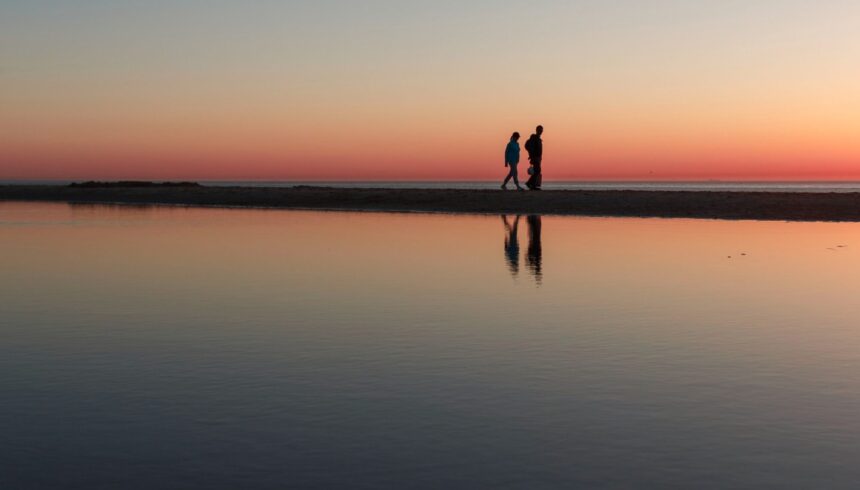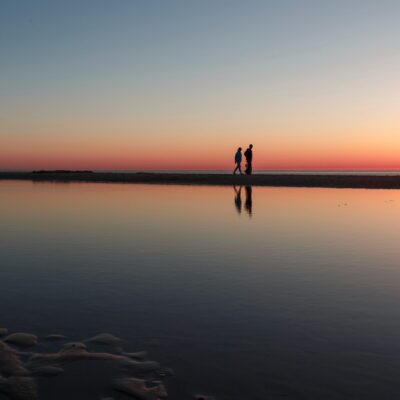Soon, let’s hope, we will see an end to the restrictions and deprivations brought on by the coronavirus. Freedoms we previously took for granted will hopefully be restored. We will be able to choose our company, and the way we conduct ourselves, bringing an end to behaviour that is unfamiliar and alienating.
But as others have reminded us before, the rigours of lockdown and self-isolation, which have taken a toll on many, have at the same time cast a dim flicker of light on the experiences that immigration detainees are subject to every single day.
Yet our friends, as we know, have it far, far worse: where we might, let’s say, order what we fancied from Deliveroo or Ocado every now and then, or see one another on Zoom calls to complain about how dreadful things were, or at least choose where to spend our daily exercise allowance, those who languish in the IRCs did not and will not enjoy such luxuries.
While we counted down our sentence to freedom, they can only count up the days of their incarceration. That’s the crucial psychological difference: whatever we thought about the government’s handling of the epidemic, we knew that the restrictions were temporary, and we knew roughly where we would end up when the storm passed.
In British immigration detention there are no such certainties. You are in the hands of forces over which you have no control, subject to the whim of a functionary with a spreadsheet.
We have a little more insight now, but we must be fully conscious that their ‘new normal’ is the old normal, and unimaginably tougher than anything we might have been through.
So we might consider the meaning of one event taking place this June – Refugee Week. This year, it takes as its theme a phrase from Martin Luther King and his ‘I Have a Dream’ speech.
It is a simple one– ‘we cannot walk alone’. But those four words contain several layers of meaning.
One of them, and perhaps foremost in Dr King’s mind, was a call for solidarity and participation – that black people could not win their struggle for civil rights unless white people joined them in the march to freedom.
And there’s the second level: you may comfort yourself that the matter at hand is not your concern, but it surely is: when others are chained, your freedom is diminished and insecure.
And I think there is a third level to that phrase from MLK. Not an exhortation, but a simple statement of fact: we truly are incapable of walking alone, whatever we believe in our hyper-modern, atomised lives.
To walk together, at this level, it is not transactional: one is not encouraged to accompany others for the good of society, or for the salvation of your soul. It’s much deeper still: it is both our nature and our deep need.
It’s an admonishment and a source of comfort, and something to remember when we cast off the surgical masks, and get back on bus to that awful place outside Terminal 5, as the planes take off again above those unhappy cells.
Chris is a volunteer with the Detention Outreach team at JRS UK, visiting those held in detention near Heathrow.
Each month you are invited into a space of prayer and reflection by a different JRS team member.
Sign up now to receive Praying with Detainees



